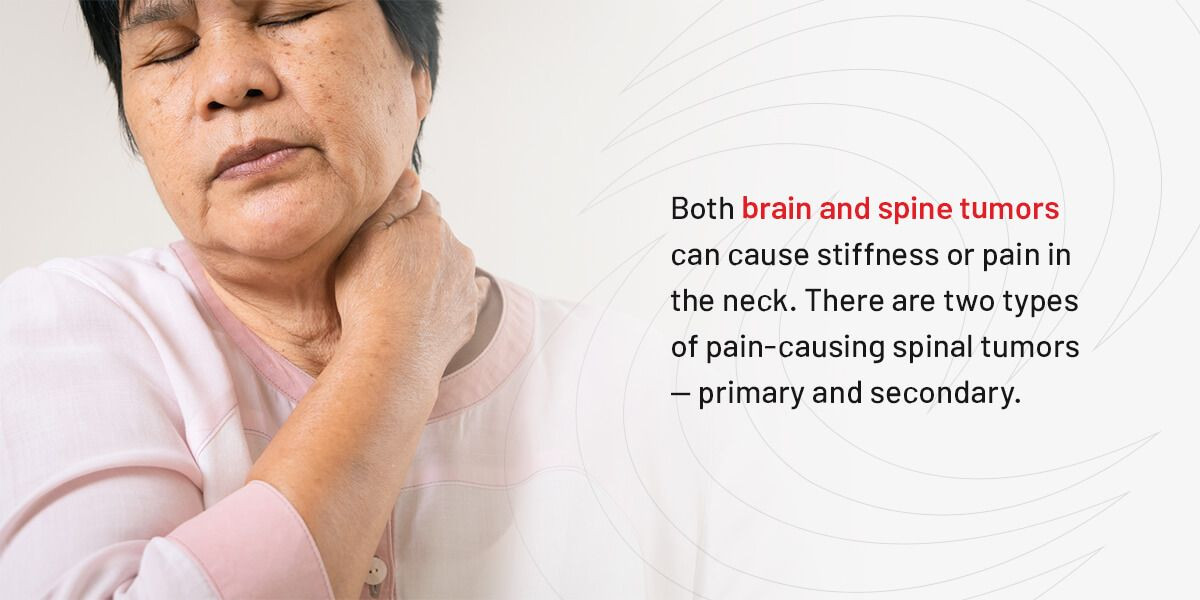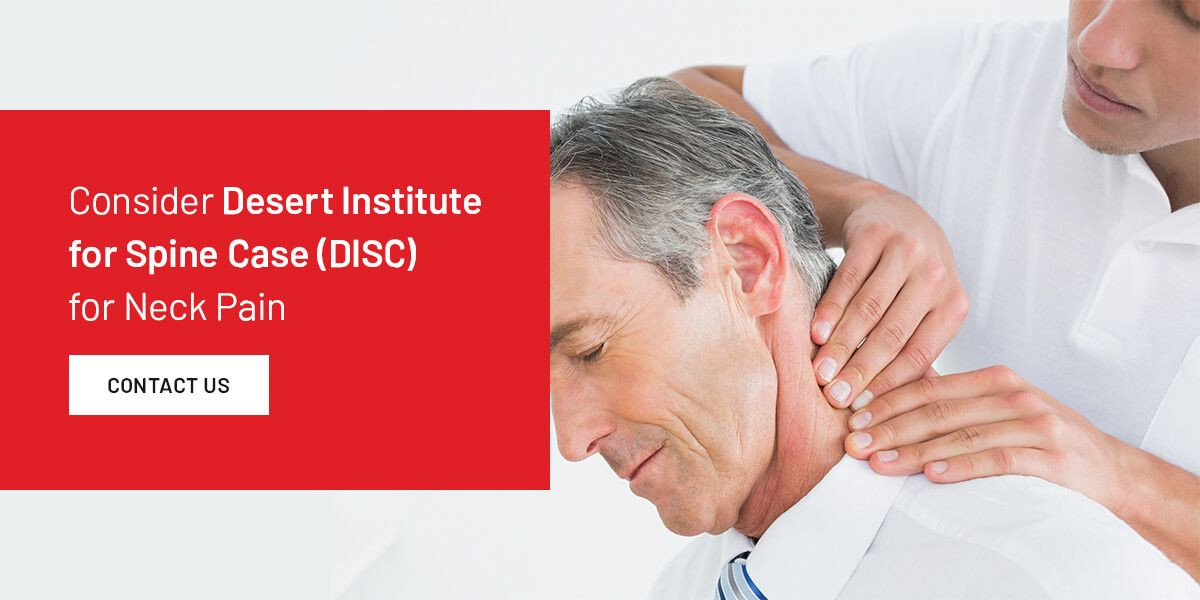Have you ever woken up with a neck so stiff that turning your head feels impossible, or spent hours working at your computer only to be greeted by a painful, unyielding neck? It’s a common experience to brush off neck stiffness as a minor inconvenience, something that a bit of stretching or over-the-counter pain relief can fix. Usually, this is the case, and the discomfort fades within a day or two.
However, persistent or severe neck stiffness can signal a more significant underlying issue. Ignoring these warning signs could delay necessary medical attention and potentially worsen the condition. Understanding when your stiff neck requires more than just home remedies is crucial for your health. This article will guide you through the various causes of neck stiffness, help you differentiate between minor discomfort and serious symptoms, and explain when it’s time to seek professional medical advice from a doctor for your stiff neck.
Understanding the Potential Causes of Your Stiff Neck
Beyond just poor posture or an uncomfortable sleeping position, numerous factors can contribute to neck stiffness. These can range from simple muscle strains to more complex conditions that require medical intervention. Identifying the potential cause is the first step in determining the appropriate course of action.
Tech Neck: The Modern Posture Problem
In our increasingly digital world, “tech neck,” or “text neck,” has become a prevalent cause of neck stiffness. This term describes the pain and stiffness resulting from prolonged periods spent looking down at smartphones, tablets, or other electronic devices.
Consider this: the average adult head weighs approximately 10-12 pounds. Tilting your head forward to look at your device increases the pressure on your neck significantly. Looking down at a 60-degree angle can place up to 60 pounds of pressure on your cervical spine. Over time, this excessive and sustained pressure can lead to muscle strain, stiffness, and chronic neck pain.
 Person using smartphone, illustrating tech neck
Person using smartphone, illustrating tech neck
Stress and Tension Headaches: Neck Pain Connection
Headaches, particularly those stemming from stress or tension, are frequently associated with neck stiffness. When you experience emotional stress or maintain muscle tension for extended periods, it can manifest as tightness and pain in your neck muscles, leading to stiffness and discomfort. These headaches often originate in the neck and radiate upwards, causing a band-like pain around the head and contributing to neck stiffness.
Muscle Sprains and Strains: Overexertion and Injury
Muscle sprains and strains are common culprits behind acute neck stiffness. These injuries can occur due to a variety of everyday activities and incidents, including:
- Sports injuries: Sudden impacts or awkward movements during sports can strain neck muscles.
- Awkward postures: Sleeping in an unusual position or maintaining poor posture while sitting or standing.
- Heavy lifting: Carrying heavy objects improperly can place undue stress on neck muscles.
- Sudden movements: Jerky or abrupt neck movements can lead to muscle strain.
Whiplash: Sudden Neck Movement Injury
Whiplash is a more severe neck injury resulting from a forceful back-and-forth or side-to-side motion of the head, often compared to the cracking of a whip. This abrupt movement can overstretch and damage the muscles, ligaments, nerves, and vertebrae in the neck. Auto accidents, especially rear-end collisions, are the most common cause of whiplash, but it can also occur in contact sports or from falls.
Whiplash injuries can range in severity, causing neck pain, stiffness, headaches, dizziness, and even cognitive issues. Infants and children are particularly vulnerable to severe whiplash injuries due to their proportionally larger heads and weaker neck muscles. Untreated whiplash in adults can lead to long-term complications, including chronic pain and limited mobility.
Osteoarthritis: Wear and Tear on Neck Joints
Osteoarthritis is a degenerative joint condition that can affect the neck, leading to stiffness and pain. Cartilage, the protective tissue in joints, wears down over time, causing bones to rub together. This friction can lead to inflammation, pain, and stiffness in the affected joints, including those in the neck (cervical spine). Osteoarthritis is more common in older adults as cartilage naturally deteriorates with age. The stiffness associated with osteoarthritis is often worse in the morning or after periods of inactivity.
Fibromyalgia: Chronic Widespread Pain
Fibromyalgia is a chronic condition characterized by widespread musculoskeletal pain, fatigue, sleep disturbances, and tenderness in specific areas of the body, including the neck. The exact cause of fibromyalgia is unknown, but it is believed to involve changes in how the brain and spinal cord process pain signals. Neck stiffness and pain are common symptoms of fibromyalgia, often accompanied by muscle tenderness and a heightened sensitivity to touch. Fibromyalgia symptoms can fluctuate in intensity and may be triggered by stress, trauma, or illness.
Nerve Compression: Pinched Nerves in the Neck
Nerve compression, or pinched nerves, in the neck can cause sharp, radiating pain and stiffness. This occurs when a nerve in the neck is squeezed or compressed by surrounding tissues, such as bones, cartilage, muscles, or tendons. Common causes of nerve compression in the neck include:
- Spinal stenosis: Narrowing of the spinal canal, which can put pressure on nerves.
- Herniated discs: When the soft inner material of a spinal disc protrudes and presses on a nerve.
- Bone spurs: Bony growths that can develop along the spine and compress nerves.
- Arthritis: Inflammation and changes in the joints can lead to nerve compression.
Spinal Tumors: Rare but Serious Cause
Spinal tumors, while less common, are a serious potential cause of neck stiffness and pain. These abnormal tissue masses can be benign (non-cancerous) or malignant (cancerous). Both types can cause neck issues, but malignant tumors are more concerning as they can spread to other parts of the body.
- Primary spinal tumors: Originate in the spine itself and are often benign.
- Secondary spinal tumors: Spread to the spine from cancer elsewhere in the body (metastasis) and are malignant.
Spinal tumors can cause neck stiffness, pain that may worsen over time, and potentially neurological symptoms depending on their location and size. It’s crucial to consult a doctor promptly if you suspect a spinal tumor.
 Medical professional examining spinal MRI, illustrating spinal tumor diagnosis
Medical professional examining spinal MRI, illustrating spinal tumor diagnosis
Home Care Strategies for Mild Neck Stiffness
For mild cases of neck stiffness, especially those related to muscle strain or poor posture, several home treatment methods can provide relief. However, if your stiffness is severe or persistent, these remedies should not replace professional medical advice.
- Hot and Cold Therapy: Alternating between heat and cold can be beneficial. Heat, such as warm compresses or showers, helps relax tense muscles and ease muscle spasms. Cold, like ice packs wrapped in a cloth, can reduce inflammation and numb pain.
- Gentle Stretching: If your neck stiffness isn’t due to a sprain, gentle neck stretches can help improve flexibility and reduce stiffness. Simple movements like tilting your head side to side and rotating your shoulders can be effective.
- Massage: Gentle neck massage can help relieve muscle tension and stiffness. You can self-massage or ask someone to gently massage your neck and shoulder muscles.
- Rest: Avoid activities that aggravate your neck stiffness. If the stiffness is activity-related, rest allows your muscles to recover.
- Posture Correction: Be mindful of your posture throughout the day. Ensure your workstation is ergonomically set up, and avoid prolonged periods of looking down at devices. Use proper pillows and sleeping positions that support your neck.
Recognizing When to Seek a Doctor for Your Stiff Neck
While home remedies are suitable for minor neck stiffness, it’s important to recognize when your condition warrants medical attention. Ignoring serious symptoms can delay diagnosis and treatment of underlying issues. Consult a doctor for your stiff neck if you experience any of the following:
- Persistent Stiffness: If your neck stiffness persists for more than a week despite home care, it’s time to seek medical advice. Chronic stiffness may indicate a more significant problem.
- Severe Pain: Intense neck pain that is debilitating, prevents sleep, or interferes with daily activities should be evaluated by a doctor.
- Radiating Pain, Tingling, or Numbness: Pain that radiates down your arms, or tingling and numbness in your arms or hands, can be signs of nerve compression or other nerve-related issues.
- Accompanying Weakness: Muscle weakness in your arms or hands along with neck stiffness can indicate nerve damage or a more serious condition.
- History of Cancer: If you have a history of cancer and develop new neck stiffness, it’s crucial to get it checked out promptly, as it could be related to cancer spread.
- Recent Injury: Neck stiffness following a car accident, fall, sports injury, or other trauma requires medical evaluation to rule out whiplash or other serious injuries.
- Fever or Headache: Stiff neck accompanied by fever, severe headache, nausea, vomiting, or sensitivity to light can be signs of meningitis, a serious infection requiring immediate medical attention.
- Bowel or Bladder Changes: Neck stiffness along with new onset of bowel or bladder dysfunction (incontinence or retention) can be a sign of spinal cord compression and needs urgent medical evaluation.
- Age Over 50: New onset of neck stiffness in individuals over 50 may be more likely to be related to degenerative conditions like osteoarthritis and warrants medical assessment.
What Type of Doctor Should You See for a Stiff Neck?
Knowing what type of doctor to consult can streamline your path to diagnosis and treatment. Here’s a guide to help you choose the right specialist for your stiff neck:
- Primary Care Physician (PCP): Your PCP is a good starting point for undiagnosed neck stiffness, especially if you are unsure of the cause or if your symptoms are not severe emergencies. They can perform an initial evaluation, rule out common causes, and refer you to a specialist if needed.
- Chiropractor: Chiropractors specialize in the musculoskeletal system, particularly spinal alignment. They can be helpful for neck stiffness caused by muscle imbalances, joint dysfunction, or pinched nerves. Chiropractors use manual adjustments and other therapies to alleviate pain and improve neck mobility. However, they are not equipped to treat neck stiffness caused by fractures, tumors, or infections.
- Orthopedist: Orthopedists are surgeons specializing in the musculoskeletal system, including bones, joints, ligaments, tendons, and muscles. They are the appropriate specialist for neck stiffness related to structural issues, such as fractures, severe sprains, osteoarthritis, or deformities. Orthopedists can offer surgical and non-surgical treatments, including physical therapy, medication, injections, and surgery.
- Neurologist: Neurologists specialize in disorders of the nervous system, including the brain, spinal cord, and nerves. If your neck stiffness is suspected to be related to nerve damage, spinal tumors, or neurological conditions, a neurologist is the appropriate specialist. They can diagnose and treat conditions like nerve compression, spinal cord disorders, and headaches that contribute to neck pain.
Diagnostic Tests to Identify the Cause of Stiff Neck
If your doctor suspects a serious underlying condition, they may order diagnostic tests to determine the cause of your stiff neck. Common tests include:
-
X-rays: X-rays provide images of bones and joints. They can help identify fractures, dislocations, bone spurs, arthritis, and other skeletal abnormalities that may be contributing to neck stiffness.
-
Magnetic Resonance Imaging (MRI): MRI uses magnetic fields and radio waves to create detailed images of soft tissues, including muscles, ligaments, nerves, spinal cord, and discs. MRIs are excellent for detecting nerve compression, herniated discs, tumors, spinal cord injuries, and soft tissue damage that X-rays may not show. MRIs can also detect brain abnormalities if neurological symptoms are present.
-
Computed Tomography (CT) Scan: CT scans use X-rays from multiple angles to create cross-sectional images of the neck. CT scans provide more detailed images of bones than plain X-rays and can also visualize soft tissues and blood vessels. CT scans are useful for detecting subtle fractures, complex bone abnormalities, and soft tissue issues.
 Doctor reviewing CT scan image, illustrating diagnostic process for neck pain
Doctor reviewing CT scan image, illustrating diagnostic process for neck pain
Don’t Ignore Persistent Stiff Neck: Seek Expert Help
Neck stiffness is a common ailment, and often resolves with simple home care. However, it’s crucial to be aware of when stiff neck symptoms might indicate a more serious underlying medical condition. Persistent, severe, or symptom-accompanied neck stiffness should not be ignored.
If you are experiencing concerning neck stiffness, don’t hesitate to seek professional medical evaluation. The Desert Institute for Spine Care (DISC), located in Phoenix, AZ, is a leading center for comprehensive spine care. Our team of experts is dedicated to providing patient-centered care and utilizing minimally invasive treatment options. Contact DISC today to schedule a consultation and take the first step toward relieving your neck pain and stiffness and ensuring your spinal health. Contact us today.

